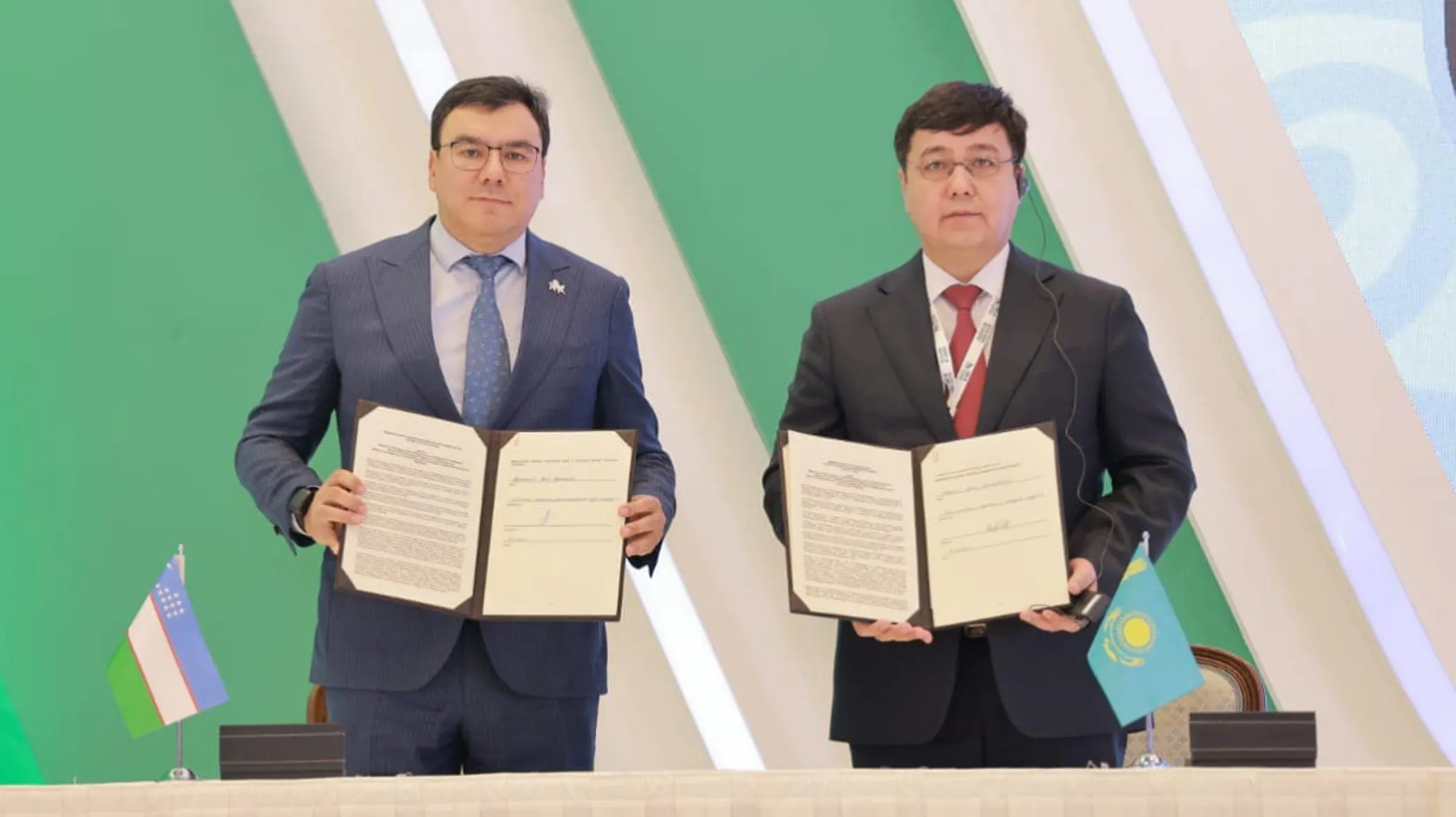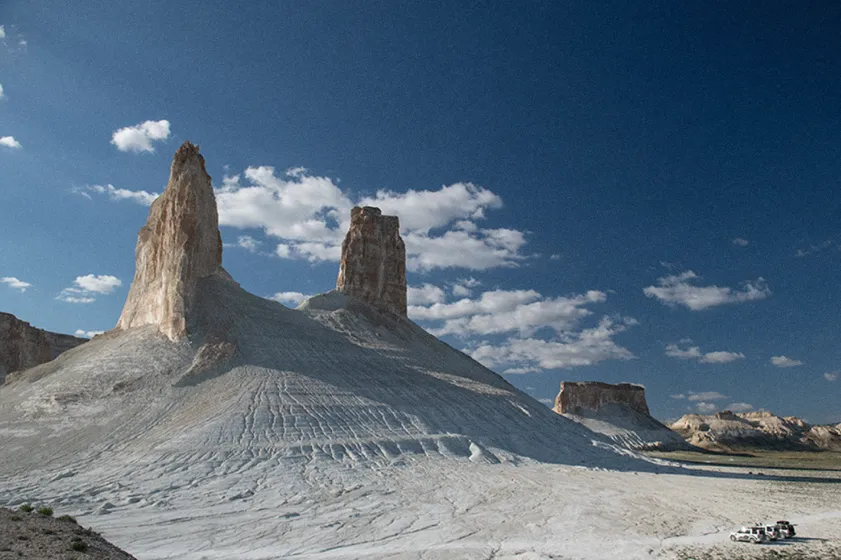On February 11, Kazakhstan and Uzbekistan signed a memorandum of cooperation on wildlife conservation on the Ustyurt Plateau, QazMonitor reports citing the press service of the Ministry of Ecology, Environmental Protection, and Climate Change of Uzbekistan.
The memorandum was signed during the Plenary Session of CMS COP14 in Samarkand by the Deputy Minister of Ecology and Natural Resources, Nurken Sharbiyev, and Aziz Abdukhakimov, the Minister of Ecology, Environmental Protection, and Climate Change of Uzbekistan.

The document aims to ensure the conservation of transboundary wildlife populations and their migratory species on the Ustyurt Plateau. The parties intend to form a working group and create a roadmap.
The document will provide for:
Monitoring, research, and inventory of migratory species;
Protection of migratory species of wild animals and conservation of biodiversity;
Creation of cross-border Protected Territories and migration corridors;
Exploring opportunities for the sustainable use of wildlife resources and the development of ecotourism;
Training, and professional development of specialists;
Consultations on the selection and application of modern technologies in the conservation of migratory species;
Improving coordination and strengthening measures to combat illegal or unsustainable trapping of migratory animals, such as poaching and smuggling of wild animals and their derivatives;
Conducting joint scientific and practical seminars and conferences;
Publishing joint scientific and educational papers;
Measures to prevent fragmentation and degradation of habitats;
Securing investments and funding for carrying out the necessary measures outlined in the roadmap.
This agreement was reached to fulfill the obligations of the Central Asian countries in preserving the transnational World Natural Heritage site, "Cold Winter Deserts of Turan," which was added to the list in 2023.










